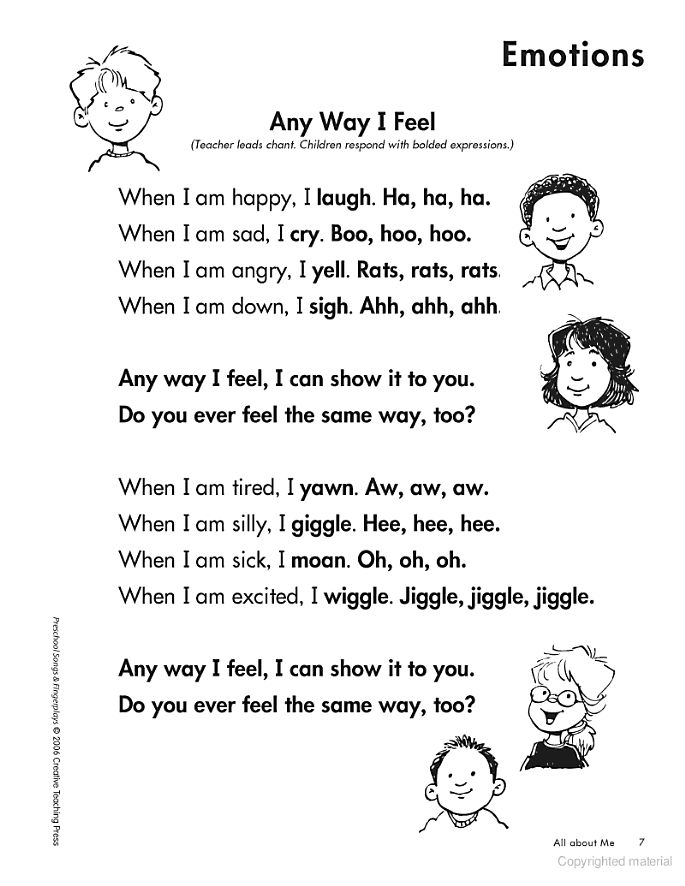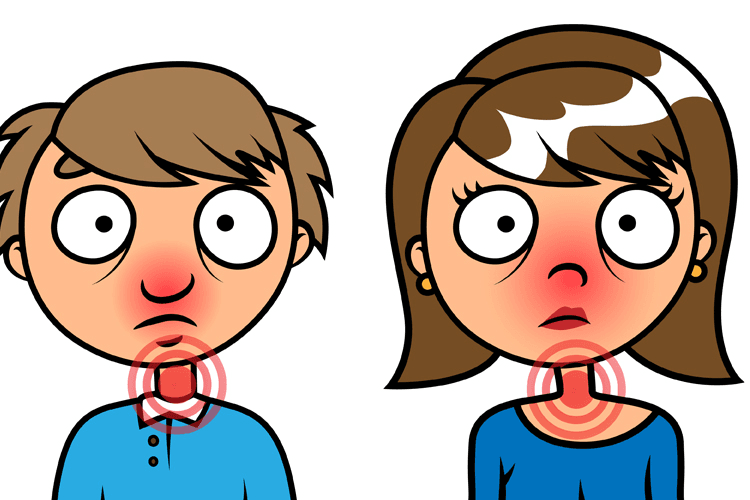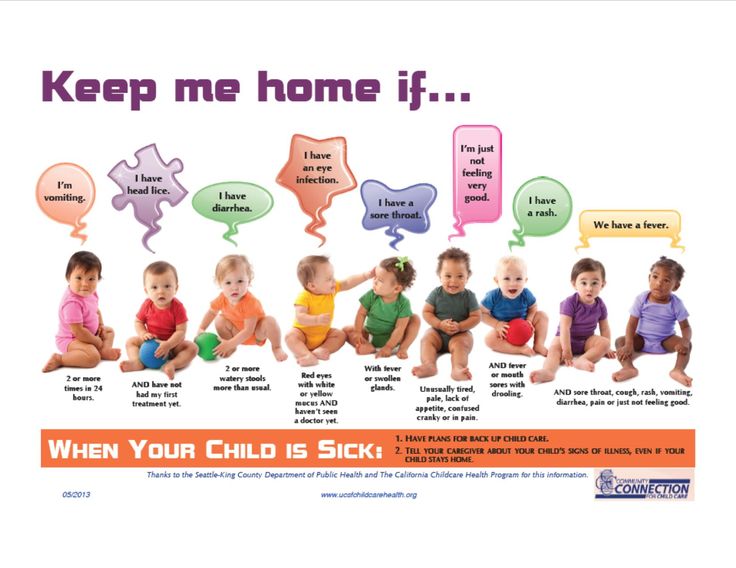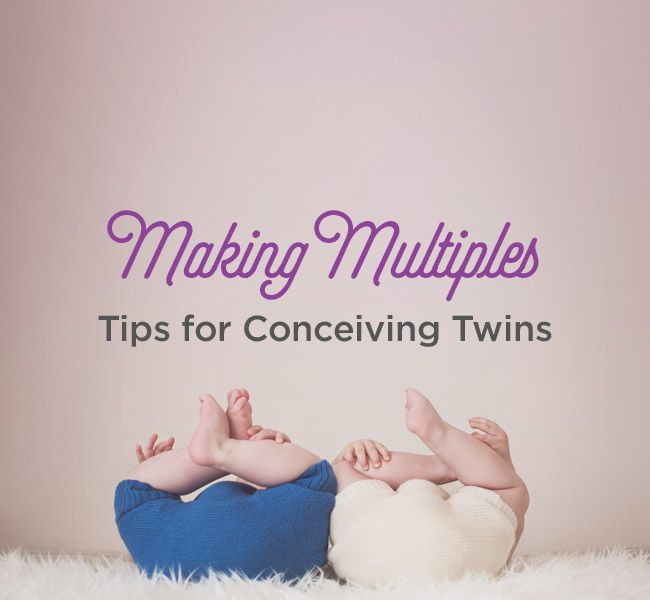How does reading help a child
Reading and storytelling with children
Why reading is important for babies and young children
Sharing stories, talking and singing every day helps your child’s development in many ways.
Reading and sharing stories can:
- help your child get to know sounds, words and language, and develop early literacy skills
- learn to value books and stories
- spark your child’s imagination and stimulate curiosity
- help develop your child’s brain, ability to focus, concentration, social skills and communication skills
- help your child learn the difference between ‘real’ and ‘make-believe’
- help your child understand new or frightening events, and the strong emotions that come with them
- help your child learn about the world, their own culture and other cultures.
Sharing stories with your child doesn’t mean you have to read from the book.
Just by looking at books with your child and talking about them, you can be a great storyteller and a good model for using language and books. Your child will learn by watching you hold a book the right way and seeing how you move through the book by gently turning the pages.
Reading stories with children has benefits for grown-ups too. The special time you spend reading together promotes bonding and helps to build your relationship with your child.
You can start reading aloud to your baby as early as you like – the earlier the better. Your baby will love being held in your arms, listening to your voice, hearing rhyme and rhythm, and looking at pictures.
Storytelling and songs
Reading isn’t the only way to help with your child’s language and literacy development.
Telling stories, singing songs and saying rhymes together are also great activities for early literacy skills – and your child will probably have a lot of fun at the same time. Sometimes your child might enjoy these activities more than reading.
You and your child might like to make up your own stories or share family stories.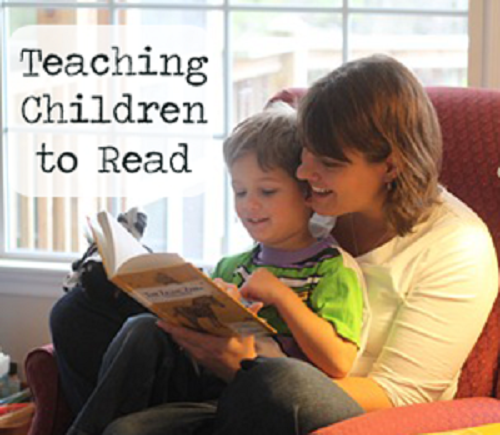 Your child will learn words and develop language skills from the songs, stories and conversations you share together.
Your child will learn words and develop language skills from the songs, stories and conversations you share together.
Reading to your child in other languages
You can read, sing and tell stories with your child in whatever language you feel most comfortable speaking.
Using a language you’re comfortable with helps you to communicate more easily. It also helps to make reading, singing and storytelling more fun for you and your child. Your child will still learn that words are made up of different letters, syllables and sounds, and that words usually link to the pictures on the page.
Don’t worry if English isn’t your child’s first language. Being bilingual actually helps your child learn English when they start playgroup, kindergarten or school.
Dual-language books are a great resource, and many children’s books are published in two languages. If you speak a language other than English at home, reading dual-language books with your child might also help you become more familiar with English.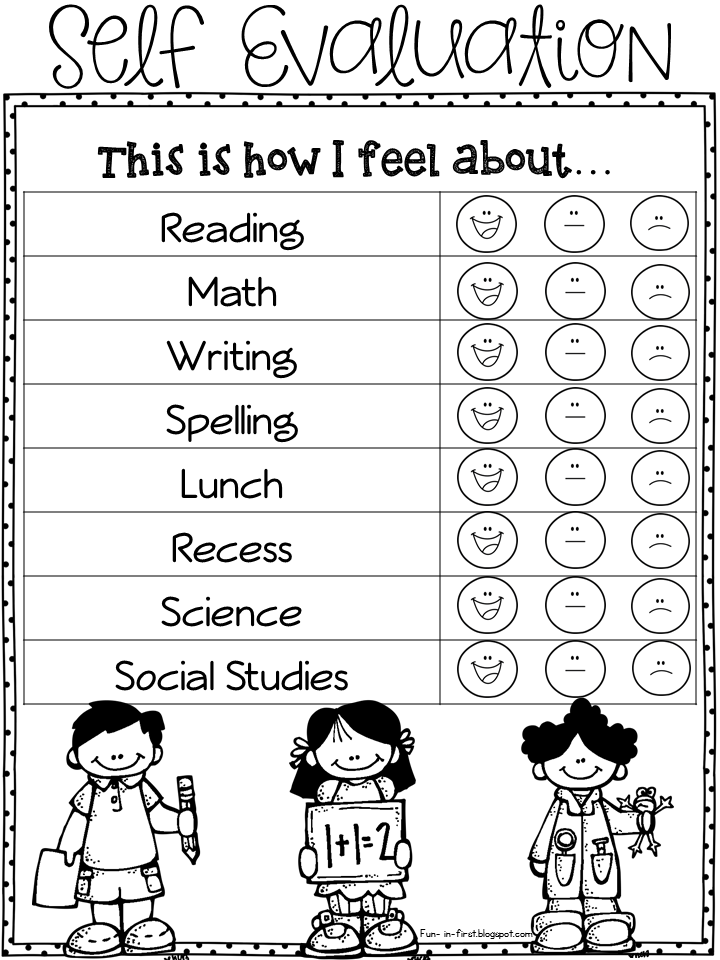
Another option is to read a book aloud in English or listen to an audio book in English and then talk about the story with your child in whatever language feels most comfortable.
If you like, you can talk about the pictures in the book instead of reading the words. Could you and your child make up a story together? Do what you can and as much as you’re comfortable with.
When to read, sing and tell stories with your child
Bedtime, bath time, potty time, on the train, on the bus, in the car, in the park, in the pram, in the cot, when you’re in the GP’s waiting room ... any time is a good time for a story! You can make books part of your daily routine – take them with you to share and enjoy everywhere.
Knowing when to stop can be just as important as finding the time to share a story in the first place. Pay attention to your child’s reaction to the story, and stop if your child isn’t enjoying it this time. You can always try a book, song or story another time.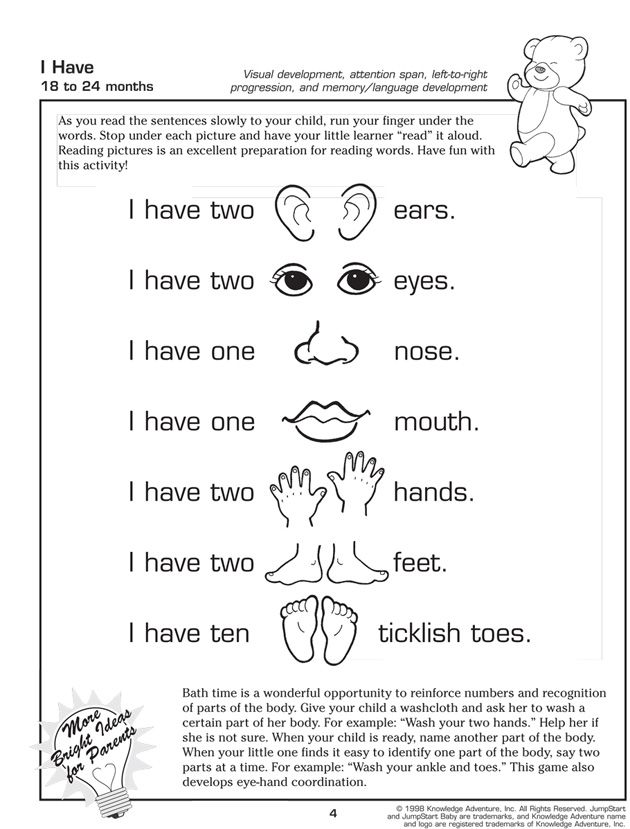
If you don’t have a book or can’t make up a story on the spot, don’t worry. There are many other ways you and your child can share letters, words and pictures. For example, you can look at:
- packages at home or in the supermarket, especially food packaging
- clothing – what does it say on the t-shirt? What colour is it?
- letters and notes – what do they say? Who sent them?
- signs or posters in shops, or on buses and trains – point out signs that have the same letters as your child’s name
- menus – it can be fun for older children to look at menus and work out what they want to eat.
You could check out our storytelling videos. Let storyteller Anne E. Stewart introduce you and your child to ‘Mook Mook the owl’, ‘The crocodile’ and ‘The old lady and the mosquito’.
Tips for sharing books with babies and young children
- Make a routine and try to share at least one book every day.
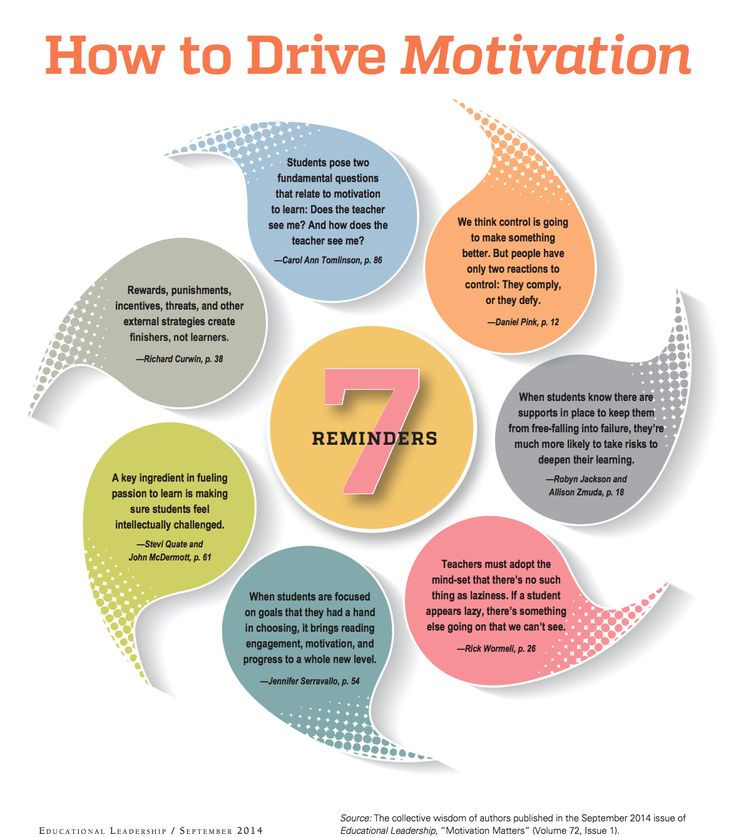 A reading chair where you’re both comfortable can become part of your reading routine.
A reading chair where you’re both comfortable can become part of your reading routine. - Turn off the TV or radio, put your phone on silent, and find a quiet place to read so your child can hear your voice.
- Hold your child close or on your knee while you read, so your child can see your face and the book.
- Try out funny noises and sounds – play and have fun!
- Involve your child by encouraging talk about the pictures, and by repeating familiar words and phrases.
- Let your toddler choose the books when they’re old enough to start asking – and be prepared to read your toddler’s favourite books over and over again!
If you have older children, they can share books with your younger children, or you can all read together. Taking turns, asking questions and listening to the answers are all important skills that will help children when they start learning how to read.
Just reading for a few minutes at a time is good – you don’t always have to finish the book.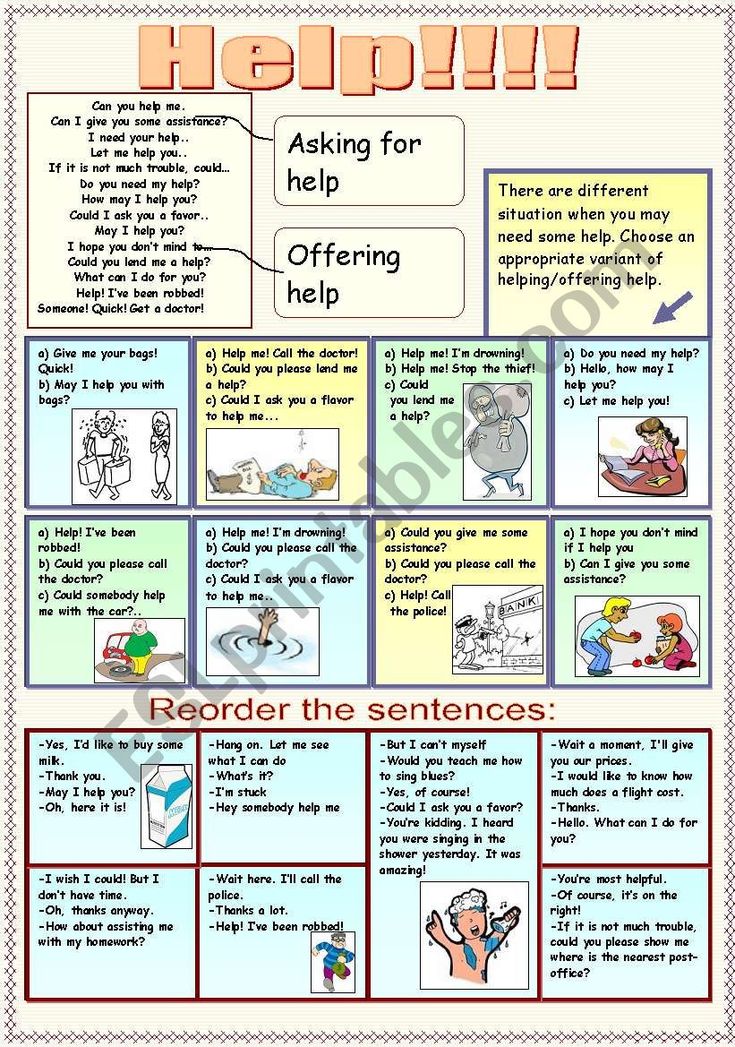 As children grow, they can usually listen for longer.
As children grow, they can usually listen for longer.
What sorts of books to read with your child
As a broad rule, young children often enjoy books, songs and stories that have good rhyme, rhythm and repetition. In fact, one of the ways that children learn is through repetition and rhyme.
Choose books that are the right length for your child and that match your child’s changing interests.
For a guide to what might suit your child, you can look at the following articles:
- Reading with babies from birth
- Reading with babies from 12 months
- Reading with toddlers
- Reading with preschoolers.
You can also vary the books and printed materials you read. Picture books, ebooks, magazines, instruction manuals, TV guides and letters can all be interesting and engaging for your child.
If you’re interested in ebooks, look for ones without distracting games or animations. And it’s important to enjoy ebooks with your child, rather than leaving your child alone with a device.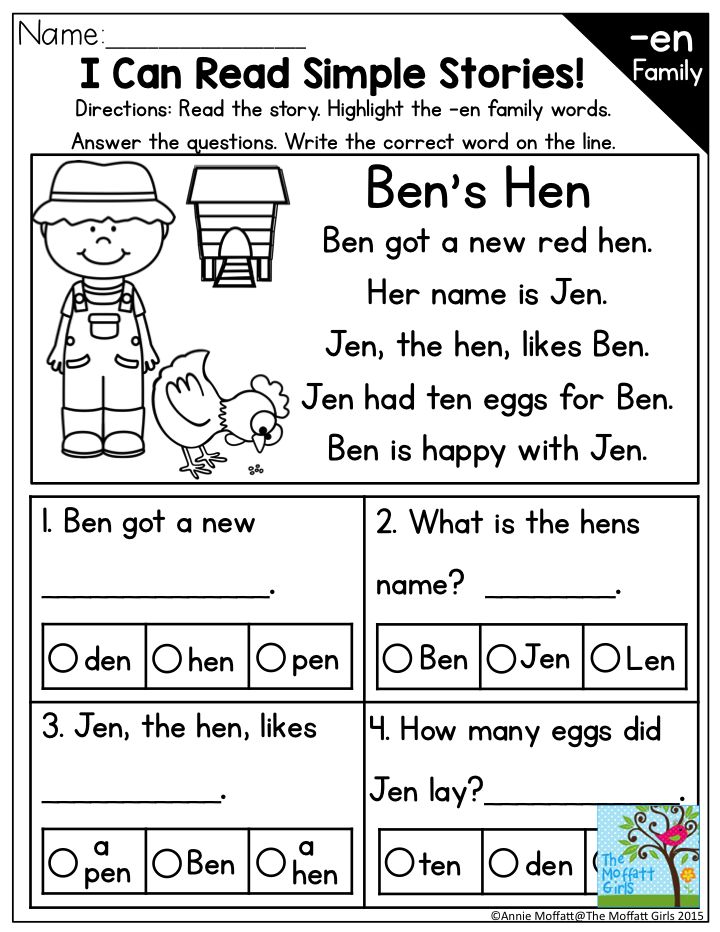
If you want to try new books or magazines without much cost, you could arrange book swaps with friends, or with other parents at your parent group or early childhood centre.
Using your local library
Libraries have a lot to offer. Getting to know your local library can be a part of learning about and loving books.
You can borrow great children’s books for free from your local library. This means you can have plenty of books in your home for your child to explore – and it won’t cost you a cent.
Taking your child to the library and letting them choose their own books can be a fun adventure. You can talk about and plan your trip to the library with your child, and get excited together. You could ask your child, for example:
- How many books will you choose?
- How many books can you find by your favourite author?
- Will you borrow books that have animals in them?
- Do you have a favourite book you’d like to borrow again?
- How many days will it be before we go to the library again?
Libraries also offer story times and activities for young children.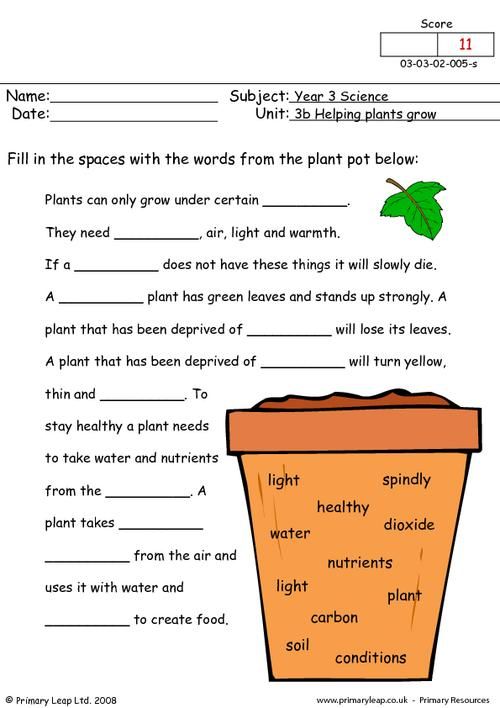 Going along to these sessions is a way to help your child get familiar with the library, have fun and enjoy books and stories. Some libraries offer these sessions online.
Going along to these sessions is a way to help your child get familiar with the library, have fun and enjoy books and stories. Some libraries offer these sessions online.
Libraries often have audio books, dual-language books, ebooks and magazines. You can listen to audio books in the car or as a family at home together.
Just contact your local library for more information.
Reading with Your Child | Reading Rockets
By: Bernice Cullinan, Brod Bagert
There is no more important activity for preparing your child to succeed as a reader than reading aloud together. Fill your story times with a variety of books. Be consistent, be patient, and watch the magic work.
It's no secret that activities at home are an important supplement to the classroom, but there's more to it than that. There are things that parents can give children at home that the classrooms cannot give.
Start young and stay with it
At just a few months of age, an infant can look at pictures, listen to your voice, and point to objects on cardboard pages.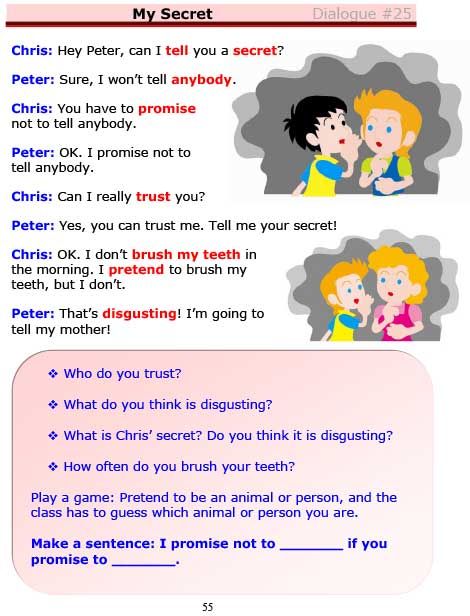 Guide your child by pointing to the pictures, and say the names of the various objects. By drawing attention to pictures and associating the words with both pictures and the real-world objects, your child will learn the importance of language.
Guide your child by pointing to the pictures, and say the names of the various objects. By drawing attention to pictures and associating the words with both pictures and the real-world objects, your child will learn the importance of language.
Children learn to love the sound of language before they even notice the existence of printed words on a page. Reading books aloud to children stimulates their imagination and expands their understanding of the world. It helps them develop language and listening skills and prepares them to understand the written word. When the rhythm and melody of language become a part of a child's life, learning to read will be as natural as learning to walk and talk.
Even after children learn to read by themselves, it's still important for you to read aloud together. By reading stories that are on their interest level, but beyond their reading level, you can stretch young readers' understanding and motivate them to improve their skills.
It’s part of life
Although the life of a parent is often hectic, you should try to read with your child at least once a day at a regularly scheduled time.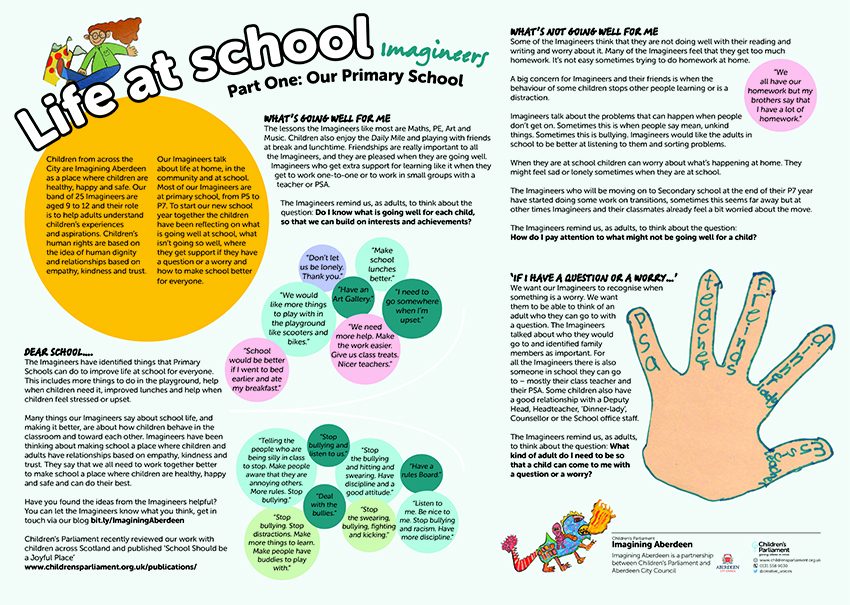 But don't be discouraged if you skip a day or don't always keep to your schedule. Just read to your child as often as you possibly can.
But don't be discouraged if you skip a day or don't always keep to your schedule. Just read to your child as often as you possibly can.
If you have more than one child, try to spend some time reading alone with each child, especially if they're more than two years apart. However, it's also fine to read to children at different stages and ages at the same time. Most children enjoy listening to many types of stories. When stories are complex, children can still get the idea and can be encouraged to ask questions. When stories are easy or familiar, youngsters enjoy these "old friends" and may even help in the reading.
Taking the time to read with your children on a regular basis sends an important message: Reading is worthwhile.
One more time
You may go through a period when your child favors one book and wants it read night after night. It is not unusual for children to favor a particular story, and this can be boring for parents. Keep in mind, however, that a favorite story may speak to your child's interests or emotional needs.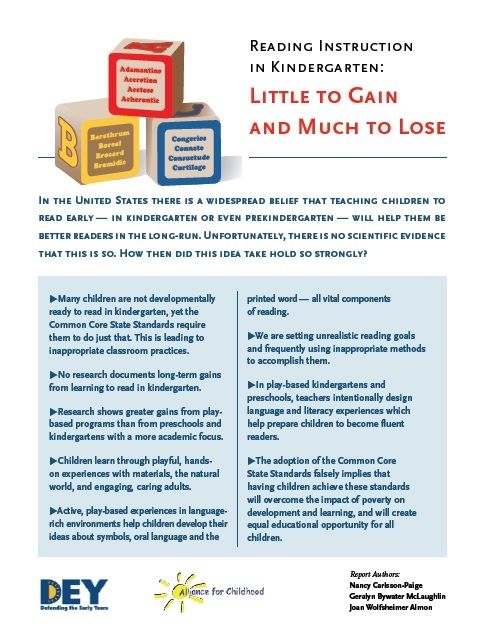 Be patient. Continue to expose your children to a wealth of books and eventually they will be ready for more stories.
Be patient. Continue to expose your children to a wealth of books and eventually they will be ready for more stories.
Talking about stories
It's often a good idea to talk about a story you are reading, but you need not feel compelled to talk about every story. Good stories will encourage a love for reading, with or without conversation. And sometimes children need time to think about stories they have read. A day or so later, don't be surprised if your child mentions something from a story you've read together.
Remember when you were very young
It will help, however, if we open our eyes to some things adult readers tend to take for granted. It's easier to be patient when we remember how much children do not know. Here are a few concepts we adults know so well we forget sometimes we ever learned them.
- There's a difference between words and pictures. Point to the print as you read aloud.
- Words on a page have meaning, and that is what we learn to read.
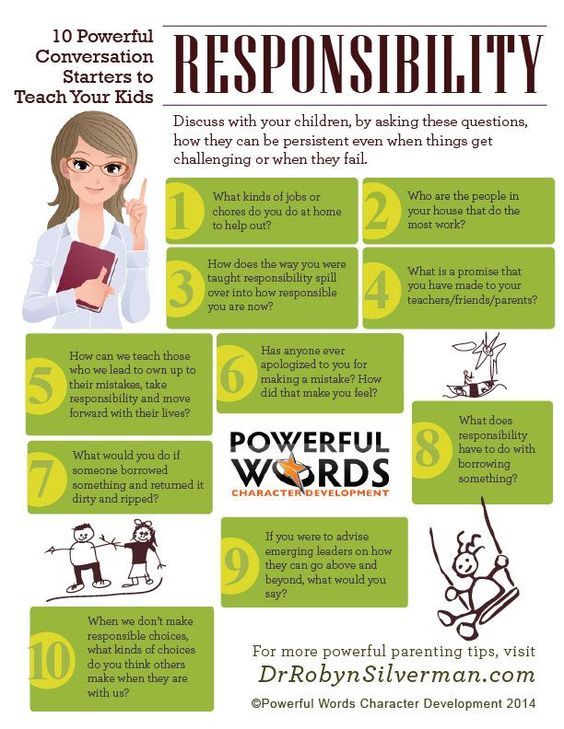
- Words go across the page from left to right. Follow with your finger as you read.
- Words on a page are made up of letters and are separated by a space.
- Each letter has at least two forms: one for capital letters and and one for small letters.
These are examples of hieroglyphics.
Imagine how you would feel if you were trying to interpret a book full of such symbols. That's how young readers feel. But, a little patience (maybe by turning it into a puzzle you can solve together) is certain to build confidence.
Advertise the joy of reading!
Our goal is to motivate children to want to read so they will practice reading independently and, thus, become fluent readers. That happens when children enjoy reading. We parents can do for reading what fast food chains do for hamburgers? ADVERTISE! And we advertise by reading great stories and poems to children.
We can help our children find the tools they need to succeed in life. Having access to information through the printed word is an absolute necessity. Knowledge is power, and books are full of it. But reading is more than just a practical tool. Through books we can enrich our minds; we can also relax and enjoy some precious leisure moments.
Having access to information through the printed word is an absolute necessity. Knowledge is power, and books are full of it. But reading is more than just a practical tool. Through books we can enrich our minds; we can also relax and enjoy some precious leisure moments.
With your help, your children can begin a lifelong relationship with the printed word, so they grow into adults who read easily and frequently whether for business, knowledge, or pleasure.
The importance of books in the development of preschool children
The importance of books for a child is very great. Books serve to expand the child's understanding of the world, to acquaint him with things, nature, everything that surrounds him.
It is the parents who read the child's first books and influence the formation of his preferences and reading tastes.
You need to read with your child: take a book, sit down and read. When systematically books are read aloud, then over time the child begins to understand the structure of the work: where the beginning and end of the work, how the plot develops. The child develops logical thinking. Thanks to reading, the child learns to correctly compose sentences, his vocabulary expands, and his imagination develops. In addition, the child develops the ability to listen, and this is a very important quality.
The child develops logical thinking. Thanks to reading, the child learns to correctly compose sentences, his vocabulary expands, and his imagination develops. In addition, the child develops the ability to listen, and this is a very important quality.
Experience shows that those children who were read books in childhood, told fairy tales, becoming adults, they read a lot. Reading helps the child to better understand the native language, develops imagination.
It is believed that those children do not like to read, in whose families there was no tradition of reading aloud. It is also bad when a child is forced to read in early childhood, great success is expected of him, this can discourage the child from reading. Do not refuse the child when he asks to listen to how he reads.
Why read books to children?
Children have a great need for their parents to read aloud to them. For the successful development of the child, family reading is very important, and not only until the child himself can read, but also at a later age. Children look forward to when mom or dad has time for them.
Children look forward to when mom or dad has time for them.
In order for a child to grow up mentally healthy, he needs full communication with his parents, personal communication, when attention is paid to him completely. And reading together makes that possible.
The first reason to read books is to satisfy the child's need for security
and security. A single space is created, a sense of belonging. Such moments have a strong influence on the formation of a comfortable sense of the world.
The second reason is the feeling of value and significance of one's "I" .
When parents read what is interesting to the child and are ready to discuss topics that are significant to him, strive to understand his views as best as possible, the child develops an idea of himself as a significant person whose needs and interests are important (because they pay attention to such important people - parents).
The third reason is the formation of values
The book affects the moral ideals of the child, forming his values.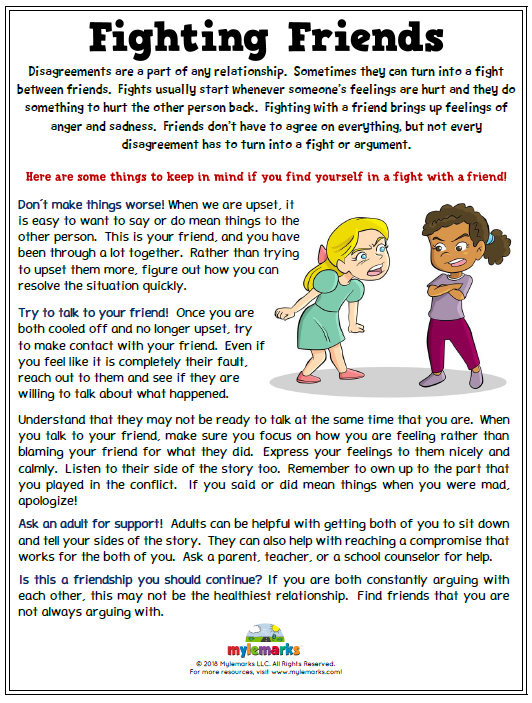 The heroes of the books perform various actions, experience various life situations, consonant with the world of the child or unknown to him. Using the examples of situations in which the heroes of the books find themselves, the child learns to understand what good and evil, friendship and betrayal, sympathy, duty, honor are. And the task of parents is to help see the reflection of these values in the life of the child.
The heroes of the books perform various actions, experience various life situations, consonant with the world of the child or unknown to him. Using the examples of situations in which the heroes of the books find themselves, the child learns to understand what good and evil, friendship and betrayal, sympathy, duty, honor are. And the task of parents is to help see the reflection of these values in the life of the child.
Release from fears
The book is also a means of defusing experiences that are painful or frightening for a child, which it is not always possible to cope with in a familiar situation. The child, together with the hero, experiences his failures and victories, overcomes fears and difficulties on the way to the goal. Thus, freeing yourself from your own fears and negative experiences. That is why a child can re-read a story (or a whole book) many times if it is consonant with his life situation. The child again and again experiences what he cannot yet cope with in reality.
Teaching new patterns of behavior
Through the book, the child perceives different patterns of behavior (how to make friends, how to achieve goals, how to resolve conflicts) that can be effective in various life situations. The greatest effect can be achieved if the reading is also supplemented by a joint discussion of who and what took out for themselves, what they liked, what was close, frightened, amused. Parents can help the child to see the analogies of what they read with his own life.
A book is the best teacher of a child.
With its help, he will be able to find answers to his questions, learn about the world and himself, experience the stories of heroes, fantasize the development of further events of a particular work.
The kid is growing, which means that every day more and more new experiences await him, he actively explores the world and makes many discoveries. He receives more and more diverse information he needs for further correct physical, mental and mental development.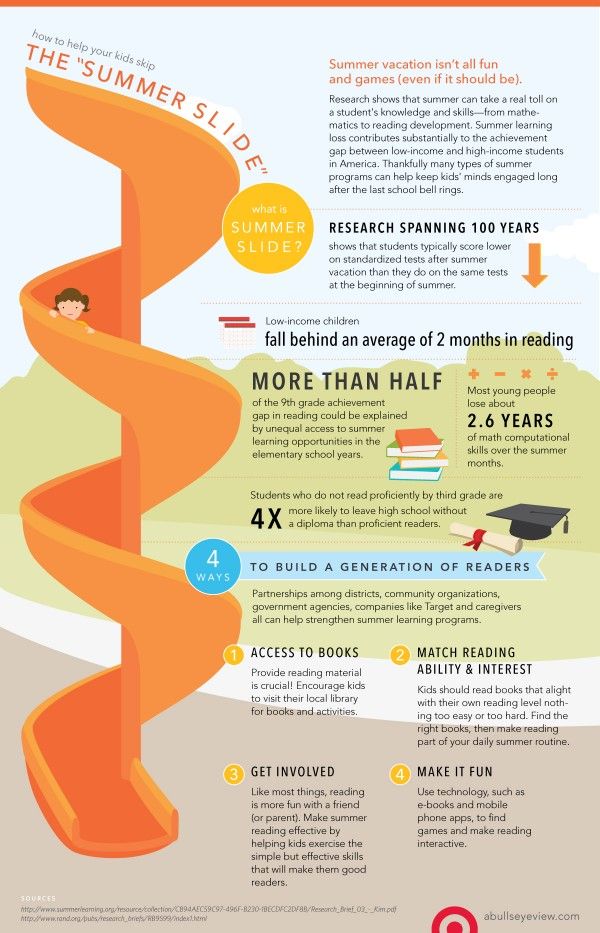 Children receive new knowledge from the people around them, primarily from their parents, as well as from books.
Children receive new knowledge from the people around them, primarily from their parents, as well as from books.
It's no secret that today's children read little, preferring books to watching TV programs and videos, computer films. This sad reality should make us parents think and try to somehow correct the situation.
From a very young age, babies need to read as many books as possible. It is very important that he loves this activity. The book may be of interest to both boys and girls, the main thing is to find an option that the child will like.
Scientists have found that a child who is read to systematically accumulates a rich vocabulary.
Reading with the mother, the child actively develops imagination and memory.
It is reading that performs not only a cognitive, aesthetic, but also an educational function. Therefore, parents need to read books to their children from early childhood.
The variety of children's books surprises, but not always pleases.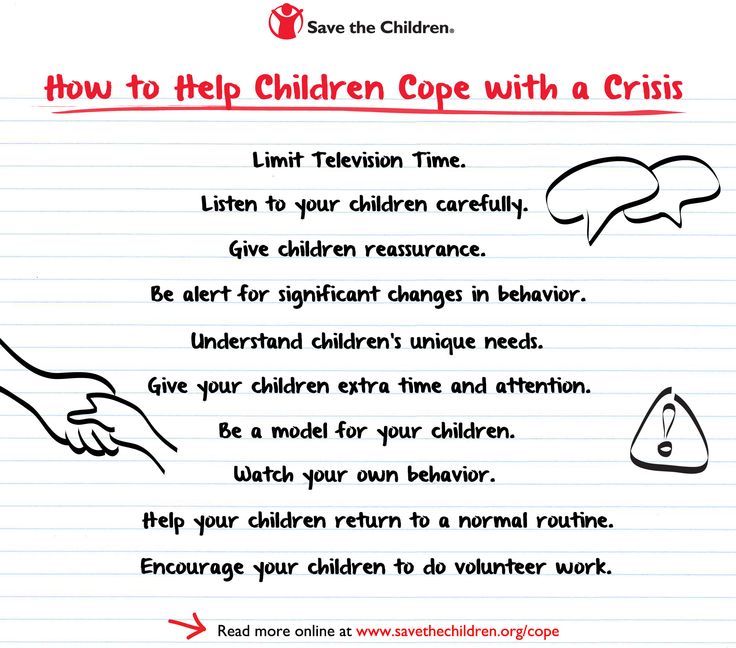 It is important to remember that in any book, including children's, the most important thing is the content.
It is important to remember that in any book, including children's, the most important thing is the content.
Recommendations for purchasing literature:
Children 2-3 years old love books with large pictures, love to look at them. Here Russian folk tales come to the rescue: "Turnip", "Gingerbread Man", "Ryaba Hen", "Teremok".
It is always easier for a small child to perceive a story than reading. Therefore, tell him fairy tales in your own words and at the same time look at the pictures for the book.
In the third year of life, the vocabulary increases rapidly, and the child can already read poems. Introduce the work of A. Barto, Z. Alexandrova.
In children 4-5 years old, vocabulary is activated, coherent speech is developing. When reading literary works to a child, you need to pay attention to individual words and expressions. You can learn to retell short texts of Russian folk tales.
Slowly start memorizing poems.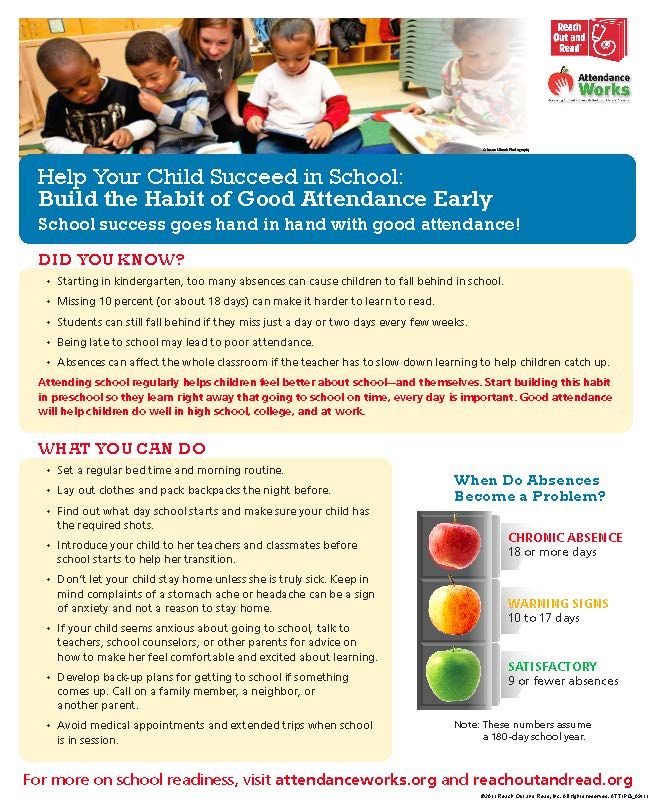 At this age, you can introduce the child to the tales of foreign authors, heroic folk tales, stories about nature and animals, and the work of K. Chukovsky.
At this age, you can introduce the child to the tales of foreign authors, heroic folk tales, stories about nature and animals, and the work of K. Chukovsky.
For children 6-7 years old among all genres of fiction, fairy tales are still in the first place, only author's ones are added to the folk ones. Therefore, they can be introduced to the work of Eduard Uspensky, with the funny stories of N. Nosov. Children of this age should buy bright books with large print and many beautiful pictures, the plot of the book should be interesting so that the child wants to read to the end. A book at that age should be fun. When choosing a book, pay attention to the number of dialogues in the works, because you can read by roles.
In order for a child to love a book, parents need to work hard.
Advice for parents
- Talk about the value of the book more often;
- Cultivate a respect for the book by displaying your family's book heirlooms;
- You are the main example for the child, and if you want your child to read, then it is worth spending some time with the book too;
- Visit the library together, bookstores;
- Buy books that are bright in design and interesting in content;
- Rejoice in the successes of the child, but do not focus on mistakes;
- Discuss the book you have read among family members;
- Tell your child about the author of the book you read;
- Have family readings more often.
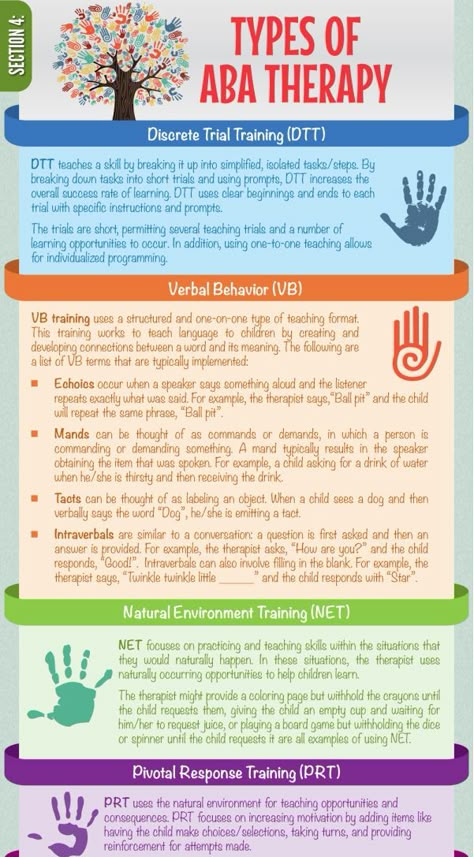
- Reading for children should become a daily habit, a necessity.
How does reading books affect a child's development?
How often do you read books with your children? What are your favorite children's works, children's author or fairy-tale hero with your child?
Today we want to tell you how reading books to children affects their development. The book is of great importance in the development of the child, namely: it expands the child's understanding of the world, introduces everything that surrounds the child: nature, objects, etc., influences the formation of preferences and reading tastes of the child, develops thinking - both logical and and figurative, expands vocabulary, memory, imagination and fantasy, teaches how to correctly compose sentences. Did you know that there are 50% more rare words in children's literature than in adult conversations? Normal conversation only provides children with a basic vocabulary. Rare words they can learn only from books.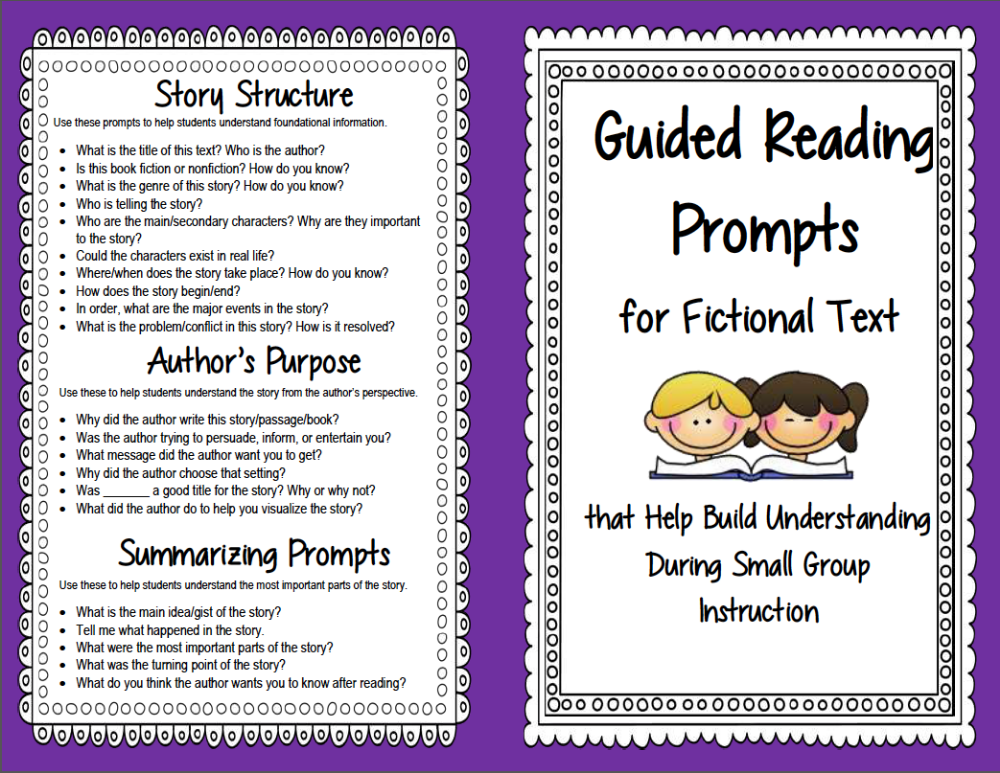
Children who are often read to feel close, protected, and safe. Such children are much more comfortable to live than those who are deprived of the joy of reading. During joint reading, children develop a moral attitude towards the world. The heroes of the books do a variety of things, get into false situations, make decisions - all this the child can discuss with the parent, while forming an understanding of good and evil, friendship and betrayal, sympathy, duty, honor. With active listening, the child vividly imagines what is being narrated and experiences. At these moments, he develops emotionally and, often identifying himself with the main character, overcomes his own fears. When listening to a literary work, a child inherits a variety of behaviors through a book: for example, how to become a good friend, how to achieve a goal, or how to resolve a conflict. The role of parents here is to help compare situations from a fairy tale with situations that can happen in real life.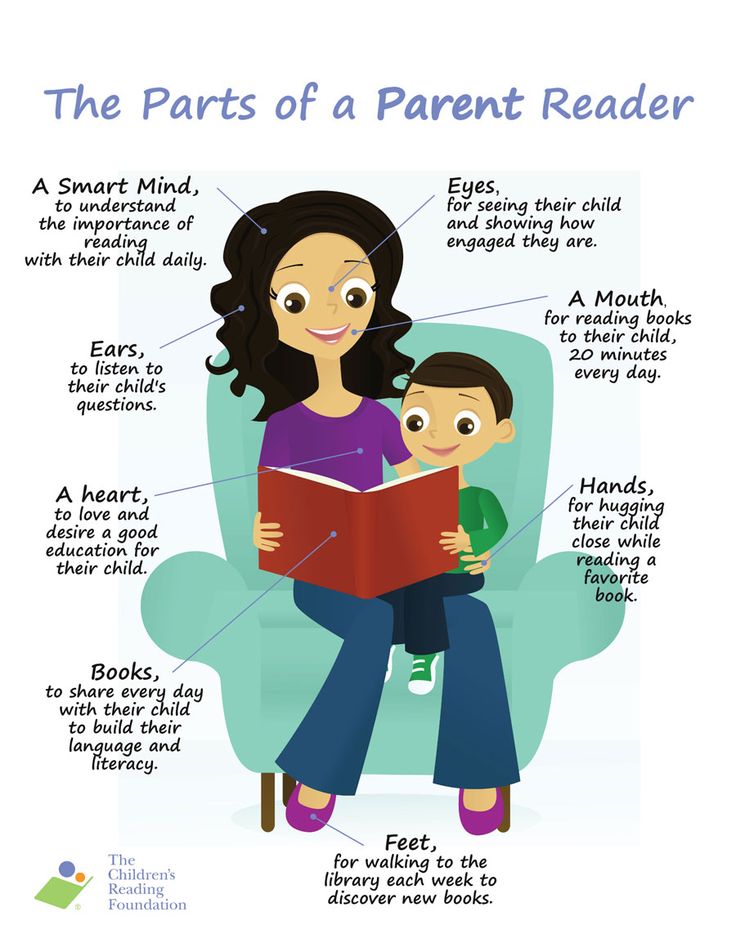
Children to whom parents read aloud regularly begin to understand the structure of a literary work (where the beginning, how the plot unfolds, where the end comes). Through reading, the child learns to listen - and this is important. Getting acquainted with books, the child learns his native language better.
From 6 to 8 years old. The reading circle of preschool children is changing rapidly. Children after 5-6 years are no longer interested in nursery rhymes or short poems. At this age, children develop and consolidate reading skills. Children of senior preschool and primary school age prefer more voluminous works with a complex plot and a large number of characters in order to read them (or listen) and wait for continuation. They may also be interested in all kinds of children's encyclopedias, where information about the world is available.
We offer you a list of books for children 6-7 years old, rather, not methodological, not pedagogical, but parental in nature.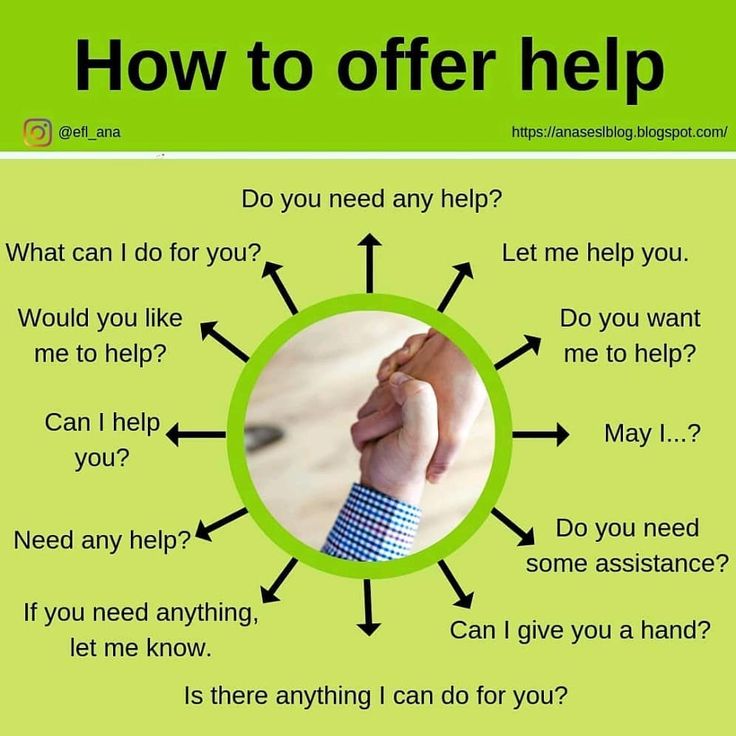 All parents think about the question of what exactly to read to the child, for what and at what age. In addition, we ourselves have lines that we have loved since childhood, which we, as commanded property, would like to pass on to our children and grandchildren.
All parents think about the question of what exactly to read to the child, for what and at what age. In addition, we ourselves have lines that we have loved since childhood, which we, as commanded property, would like to pass on to our children and grandchildren.
What books should a 6 year old child read? And what books, in your opinion, should a child read by the age of 7, that is, before the onset of the so-called primary school age? Below you can view lists of preschool books recommended by preschool.
Russian literature
1. Aksakov S. "The Scarlet Flower"
2. Aleshkovsky Yuz "Shoo and Two Portfolios", "Shoo and I in the Crimea"
3. Aleksandrova G. "Domovenok Kuzka and magical things" (with continuations)
4. Afanasyev A. Tales
5. Bazhov P. "Malachite Box", "Ural Tales", "Silver Hoof"
6. Bianki V. "Forest newspaper", "Sinichkin calendar"
7. Bulychev Kir "Adventures of Alice"
8. Veltistov E. "Adventures of Electronics", "Gum-Gum", "A Million and One Days of Vacation"
Veltistov E. "Adventures of Electronics", "Gum-Gum", "A Million and One Days of Vacation"
9. Volkov A. "The Wizard of the Emerald City"
10. Gaidar A. "Blue Cup", "Chuk and Gek"
11. Geraskina L. "In the country of unlearned lessons"
12. Golyavkin V. "My good dad", "Harp and boxing", "How I sat under the desk", Stories
13. Gore Gennady "Boy"
14. Grabovsky Jan "Fly with whims"
15. Grigorovich "Gutta-percha boy"
16. Gubarev V. "Three on the Island", "In the Far Far Away Kingdom", "The Kingdom of Crooked Mirrors"
17. Davydychev L. "The Life of Ivan Semenov"
18. Danko E. "Defeated Karabas"
19. Demykina G. "House on a Pine"
20. Dragunsky V. "Deniska's stories", "20 years under the bed", "Dog Thieves"
21. Durov V. "My animals"
22. Ermolaev Y. "House of brave cowards"
23. Ershov P. "Humpbacked Horse"
24. Zhuravleva Z.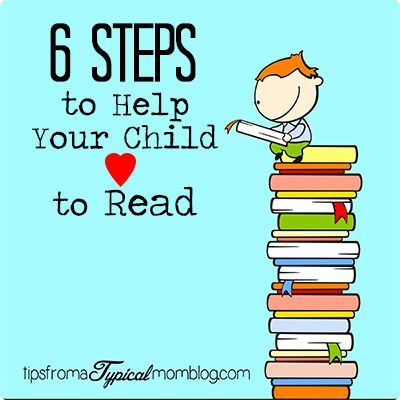 "Take off the shell"
"Take off the shell"
25. Zabolotsky "The Tale of the Crooked Man", "Knock-knock-knock beater"
26. Ivanov S. "Former Bulka and his daughter"
27. Ilyin M. "One hundred thousand why"
28. Kaverin V. "Hourglass"
29. Kataev V. “Flower-seven-flower”, “Pipe, jug”, “Magic horn of Oberon”
30. Kokovin E. "Din-Dag"
31. Konstantinovsky M. "KOAPP"
32. Korzhikov V. "Merry sailing Solnyshkin"
33. Krylov I. Fables
34. Kumma A., Runge, S. "The Second Secret of the Golden Key"
35. Kuprin "Elephant"
36. Lagin Lazar "Old Man Hottabych", "Blue Man", "Patent AV"
37. Larry Yang "The Extraordinary Adventures of Karik and Vali"
38. Lermontov "Airship"
39. Magalif Yuri "Zhakonya", "Cat Kotkin"
40. Mamin-Sibiryak D. "Grey Neck", "Alyonushka's Tales"
41. Marshak S. "Twelve months", "Smart things"
42. Medvedev V.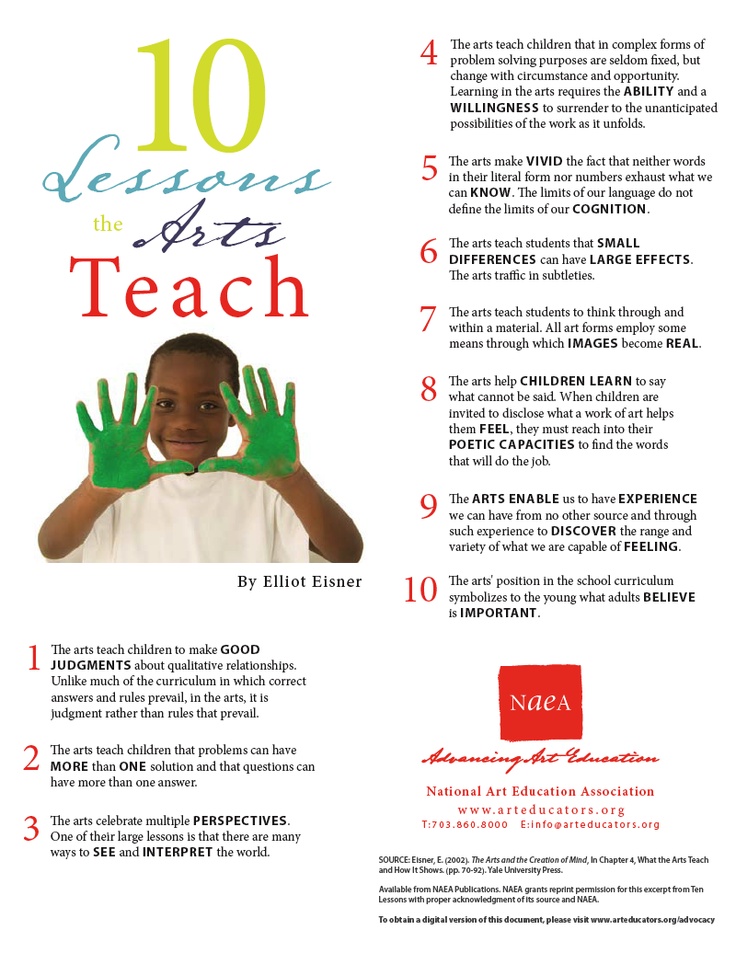 "Barankin, be a man!"
"Barankin, be a man!"
43. Mikhalkov S. "The Feast of Disobedience"
44. Naumov E. "Coral City", "Magic Whirlwind"
45. Nekrasov A. "The Adventures of Captain Vrungel"
46. Nekrasov N. "Grandfather Mazai and hares"
47. Nestaiko V. “One with deceit”, “Five with a tail”, “Mysterious voice behind”, “Toreadors from Vasyukovka”, “Kidnappers are looking for the victim”
48. Nosov N. "The Adventures of Dunno and His Friends", "Vitya Maleev", "Dreamers"
49. Odoevsky V. "Town in a snuffbox"
50. Olesha Yu. "Three fat men"
51. Oseeva V. "Dinka", "Vasek Trubachev and his comrades"
52. Oster G. "38 Parrots"
53. Panteleev L. “Honest Word”, “Squirrel and Tamarochka”, “Merry Tram”
54. Permyak E. Tales
55. Perova O. "Guys and animals"
56. Pivovarova “What is my head thinking about”, “Once Katya with Manechka”
57. Pogodin R. "Brick Islands"
58.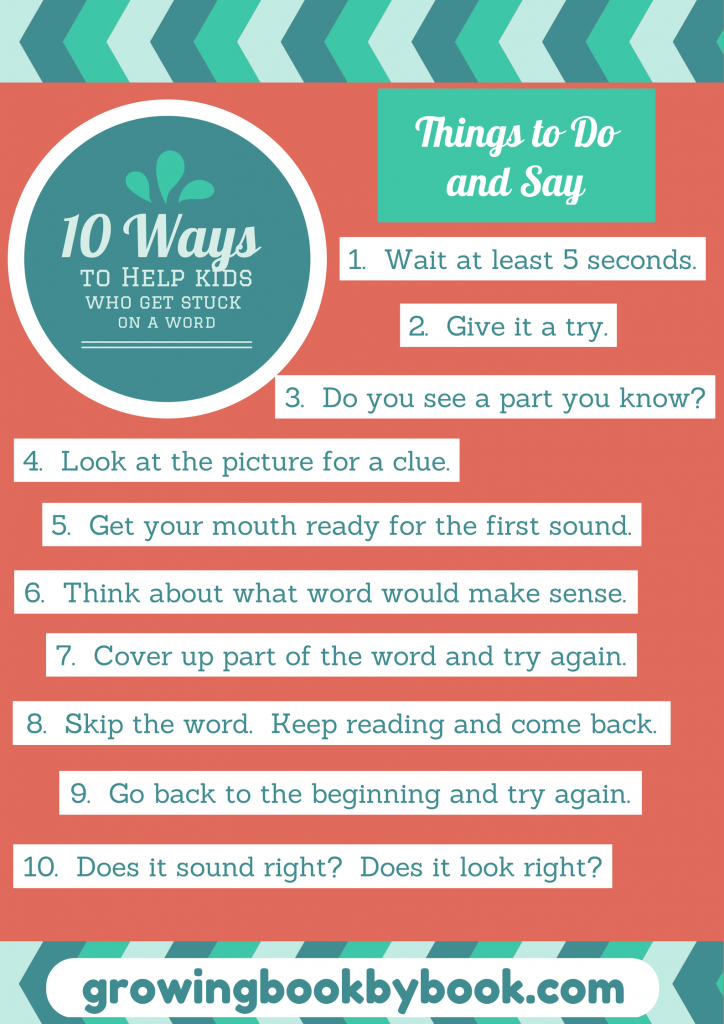 Pogorelsky A. "Black Chicken, or Underground Inhabitants"
Pogorelsky A. "Black Chicken, or Underground Inhabitants"
59. Pocheptsov G. "School Tales", "Country of Cities", "Bureau of Good Offices"
60. Prishvin M. "Pantry of the Sun", "Kashcheev's Chain"
61. Pushkin A. "Song of the Prophetic Oleg"
62. Raskin A. "How little dad was"
63. Rozanov S. "The Adventures of Grass"
64. Lev Rubinstein "Grandfather of the Russian Navy", "In the Gardens of the Lyceum"
65. Rutkovsky V. "Guests on a broomstick", "Friends from a quiet backwater"
66. Rybakov A. "Dagger", "Bronze Bird", "Shot"
67. Salomatov A. "Our extraordinary Gosh"
68. Salie M. "Tales of 1000 and one night"
69. Sotnik Y. "How I was independent"
70. Tikhomirov O. "Green Window"
71. Tokmakova I. "Alya, Klyaksich and the letter A"
72. Tolstoy A. "The Adventures of Pinocchio", "Borivoy, Vasily Shibanov, Kurgan, etc."
73.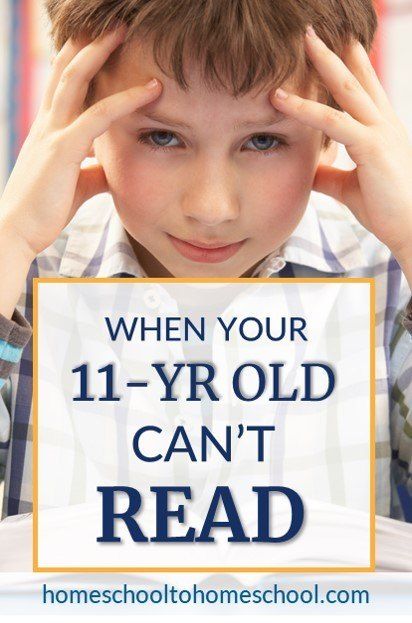 Tomin Yu. “Carousels over the city”, “A, B, C, D, E, etc.”, “Was a magician walking around the city”
Tomin Yu. “Carousels over the city”, “A, B, C, D, E, etc.”, “Was a magician walking around the city”
74. Tolstoy L. "Jump", "Lion and Dog", stories and fairy tales
75. Mustachioed G. plays-fairy tales
76. Chaplina V. "Pets of the zoo", "My pupils"
77. Chepovetsky E. "Fidget, Makish and Netak"
78. Black A. Fox Mickey's Diary
79. Chekhov A.P. "Kashtanka"
80. Sharov A. “Boy Dandelion and Three Keys”, “The Adventures of Ezhinka and the Painted Men”, “Star Shepherd and Ninochka”, “Wizards Come to People”, “Children and Adults”, “Pirrow Island”, “The Tale of Ten mistakes", "Okoem"
81. Schwartz E. "Cinderella", "The Snow Queen", "Ordinary Miracle", "Two Maples"
82. Emden Esther "House with Magic Windows", "The Adventures of a Little Actor"
83. Jagdfeld and Gernet N. "Katya and the Crocodile"
Foreign literature
1. Andersen G.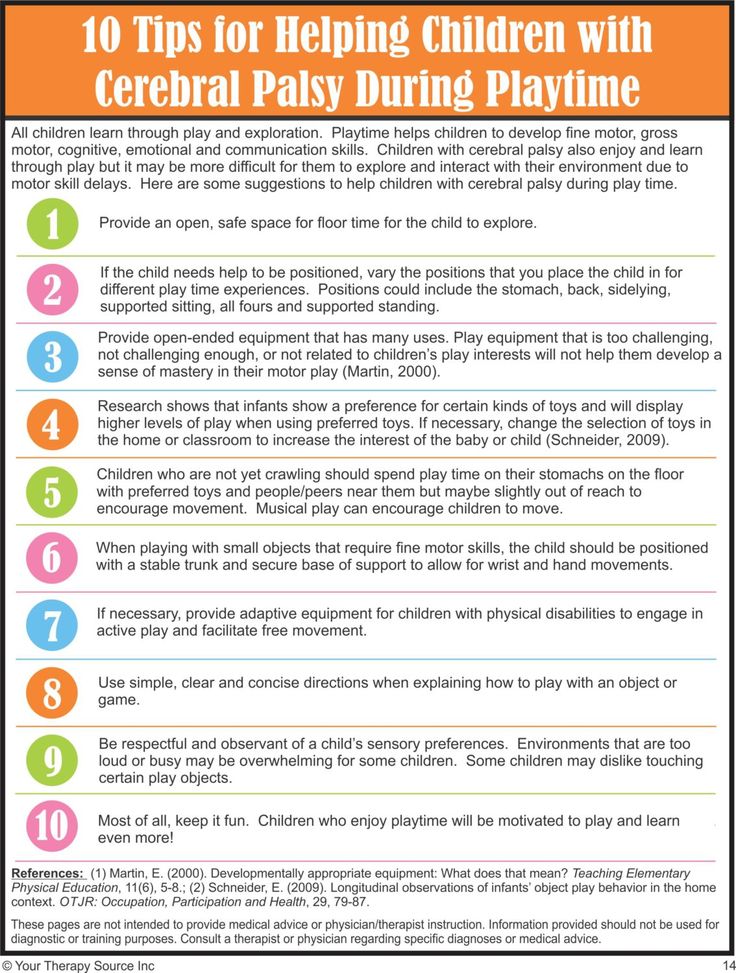 Tales and stories
Tales and stories
2. Babich I. "My familiar animals"
3. Barnford S. "The Incredible Journey"
4. Barry J. "Peter Pan and Wendy"
5. Baum Fr. "Land of Oz"
6. Besson Luc "Arthur and the Invisibles"
7. Bjehwa Yang "Academy of Pan Klyaksa"
8. Bisset D. "Forgotten Birthday", "Krokokot", Tales
9. Blyton Enid, Tim the Famous Duck, Noddy's Adventure
10. Brothers Grimm Tales
11. Vangeli S. "Adventures of Gugutse", "Blue hut", "Chubo from the village of Turturik"
12. Verne Jules "Travels around the world in 80 days" (children's edition).
13. Westley A-K. “Dad, mom, 8 children and a truck”, “Aurora from building “C”.
14. Gauf V. Tales
15. Hoffman E.T. "The Nutcracker", "Beautiful Child", "Orange Princess"
16. Graham Kenneth The Wind in the Willows
17. Darell J. "A Zoo in My Luggage", "The Land of the Rustles", "The Talking Package", "The Hounds of Bafut"
18. d'Hervilly E.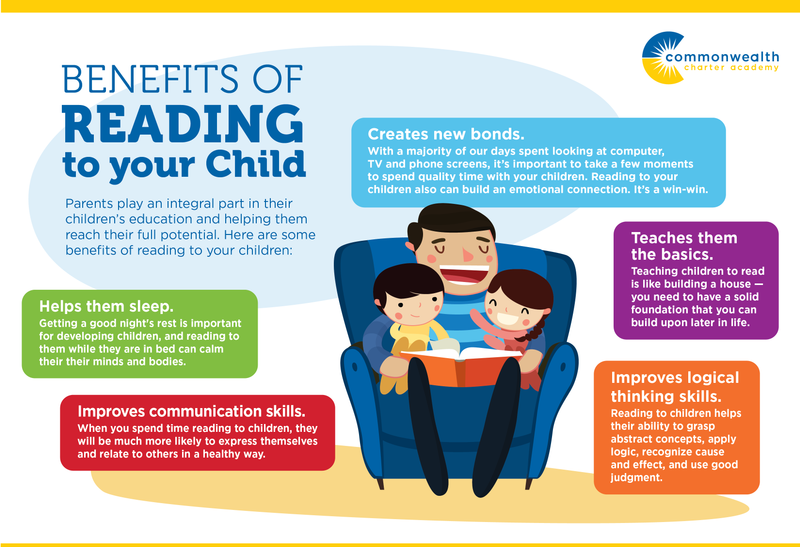 "The Adventures of a Prehistoric Boy"
"The Adventures of a Prehistoric Boy"
19. Salten F. "Bambi"
20. Kern Ludwig Jerzy "Ferdinand the Magnificent"
21. Kipling R. "Mowgli", "Little Stories"
22. Collodi K. "Pinocchio"
23. Crews, J. "Tim Thaler, or Sold Laughter", "My Great-Grandfather, Heroes and Me", "Sorcerer in the Inkwell"
24. Carroll Lewis Alice in Wonderland, Alice Through the Looking Glass
25. Lagerlöf Selma "The Wonderful Journey of Niels"
26. Lindgren Astrid "Brothers Lionheart", "Pappy Longstocking"
27. Lobato Monteiro "Order of the Yellow Woodpecker"
28. Lobe of the World; Ferra-Mikura "Grandma on the apple tree"
29. Hugh Lofting "The Adventures of John Dolittle", "John Dolittle Circus"
30. Lewis Clive The Chronicles of Narnia
31. Maar Paul "Subbastic", "7 Saturdays a week"
32. Malo Hector "Without a family", "In the family", "Romain Calbri"
33. Maeterlinck M. "The Blue Bird", "Ariana and the Bluebeard"
34. Nesbit, E. Five Children and a Beast, Phoenix and Carpet, The Talisman
Nesbit, E. Five Children and a Beast, Phoenix and Carpet, The Talisman
35. Pelin Yelin "Yan Bibian"
36. Preysler O. "Little baba yaga, ghost, water"
37. Raspe R.E. "The Adventures of Baron Munchausen"
38. Raud Eno "Clutch, Half Shoes and Moss Beard", "Sipsik"
39. Gianni Rodari "The Adventures of Cipollino", "Cake in the Sky", "Journey of the Blue Arrow", "Jelsamino in the Land of Liars"
40. Saya Kazis "Hey, hide!"
41. Swift J. Gulliver's Travels
42. Saint-Exupery A. The Little Prince
43. Seton-Thompson, E. Animal Stories,
44. Stevenson R. Heather Honey
45. Mark Twain "Tom Sawyer", "Huckleberry Finn"
46. Travers Pamela "Mary Poppins"
47. Fekete Istvan "Fox Vuk"
48. Frans Anatole "Bee"
49. Joel Harris, The Tales of Uncle Remus, Brer Rabbit and Friends
50. Hodgston Burnett "Little Princess", "Little Lord", "Secret Garden"
51. Hopp Shinken "The Adventures of Yun and Sophus"
52.